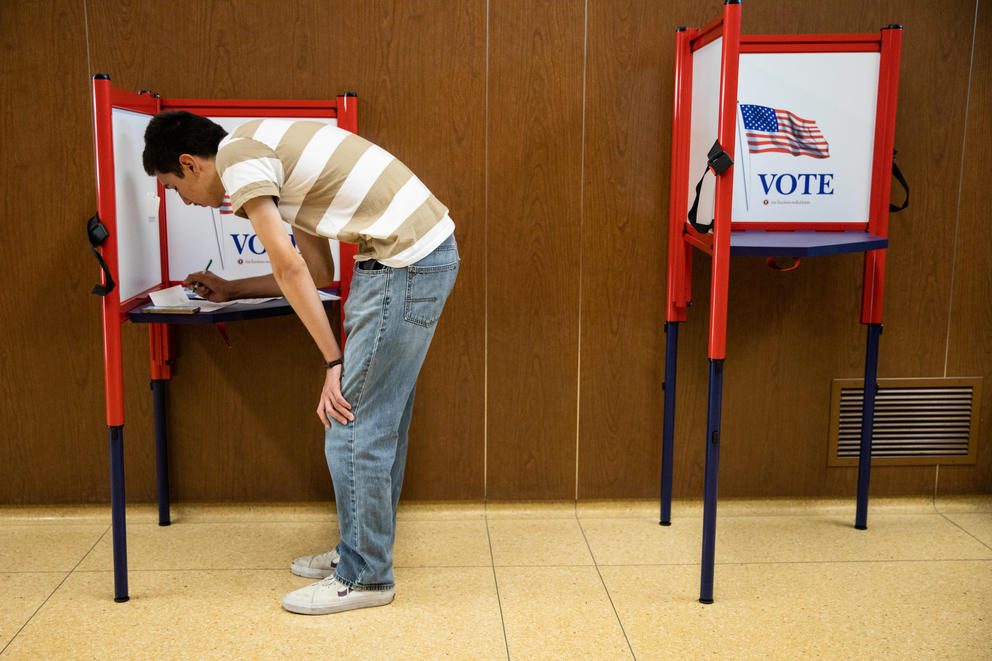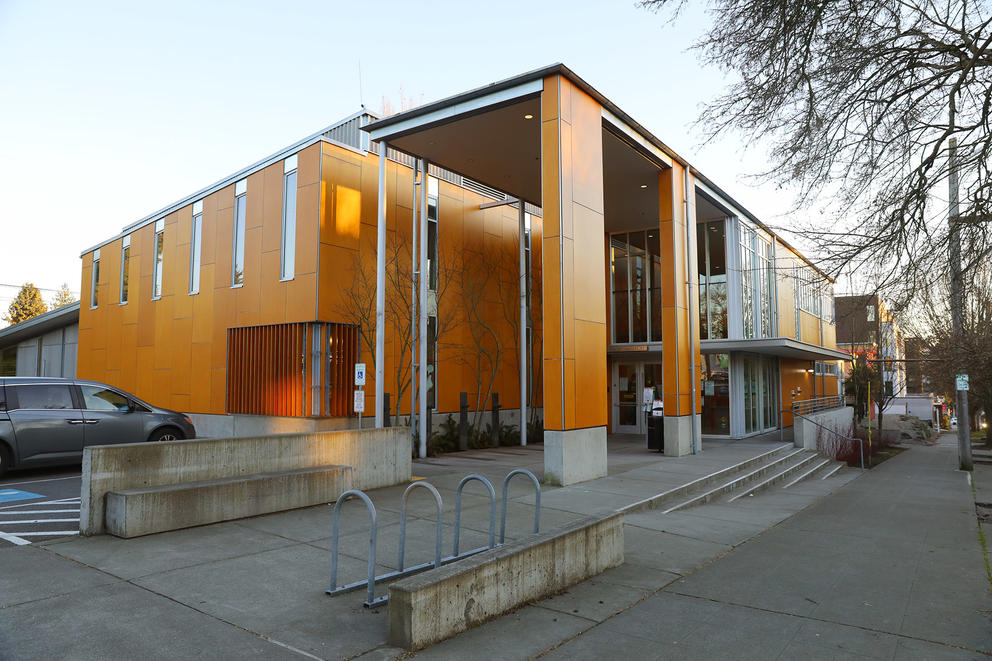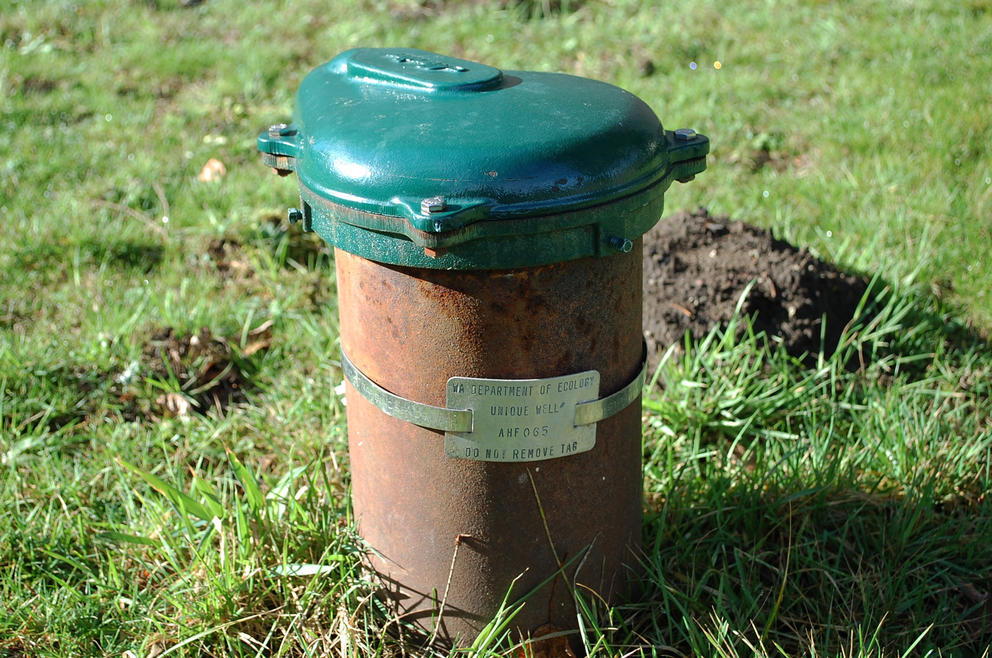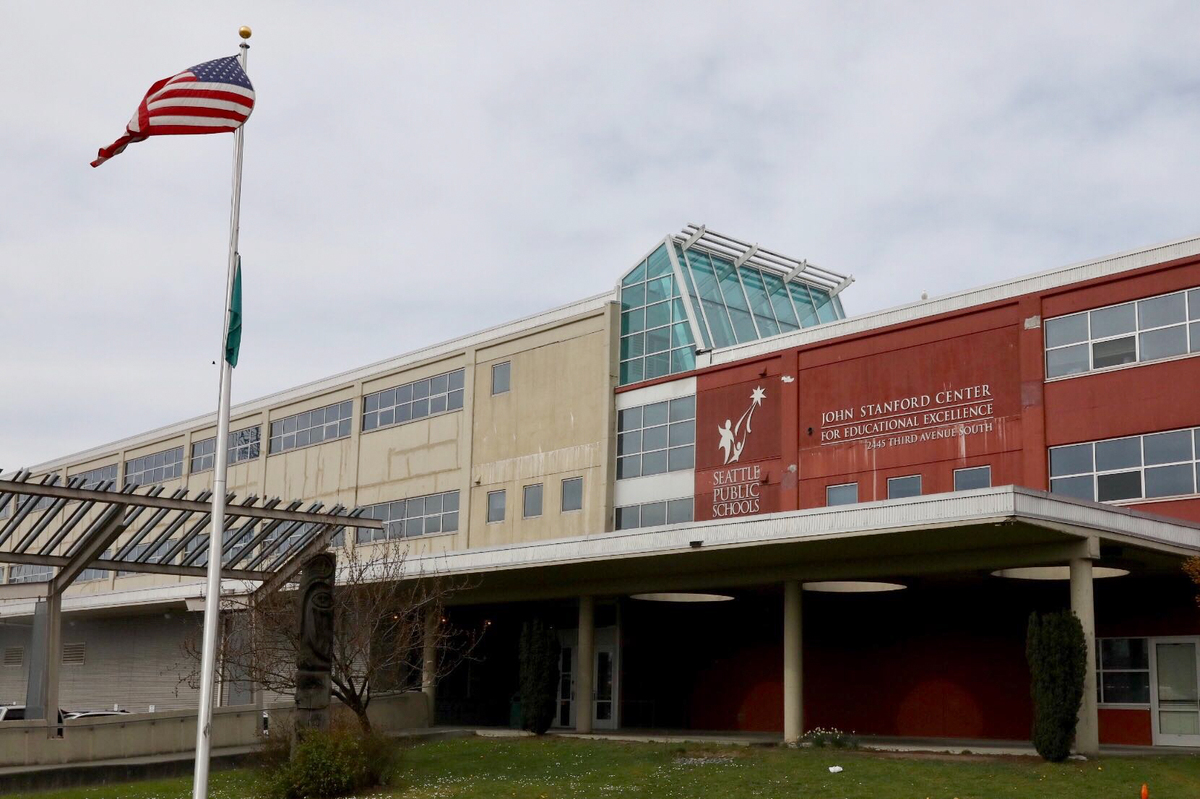U.S. Supreme Court declines to hear WA capital gains tax case

The U.S. Supreme Court building. (Associated Press photo)
The U.S. Supreme Court declined to hear a case challenging Washington state’s capital gains tax.
A group looking to repeal the law appealed to the Supreme Court last August, following a March ruling by the Washington Supreme Court to uphold the law, which puts a 7% tax on profits from the sales of stocks and bonds exceeding $250,000, with exemptions for sales of real estate, retirement accounts, livestock and timber for ranching or farming. There’s also a special deduction for the sale of family-owned businesses.
Those who have pushed the capital gains tax, passed in 2021, see it as a move toward a less-regressive tax system, including a first step toward an income tax. Implementing an income tax, however, has been unpopular — with Washington residents rejecting several measures that would do so.
However, the Washington Supreme Court deemed in its ruling on the case, Quinn v. Washington, that the new tax was on the sale of goods and services, not income.
In its first year, the tax generated $889 million, according to November figures from the state Department of Revenue. The first $500 million was allocated to a state fund for K-12 education and child-care programs. The remaining dollars are expected to go to an account paying for school construction.










